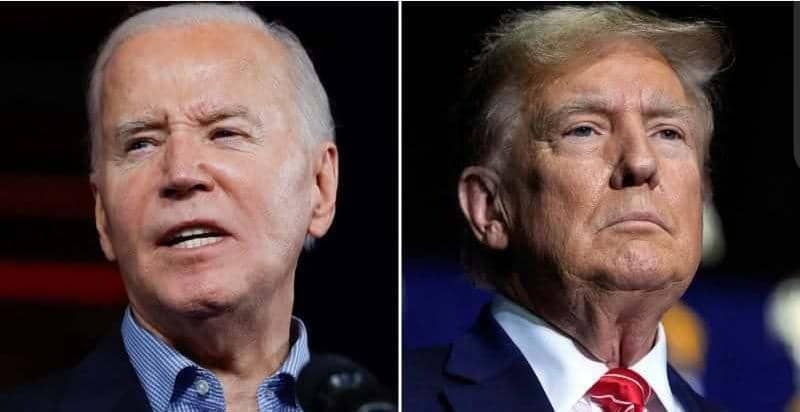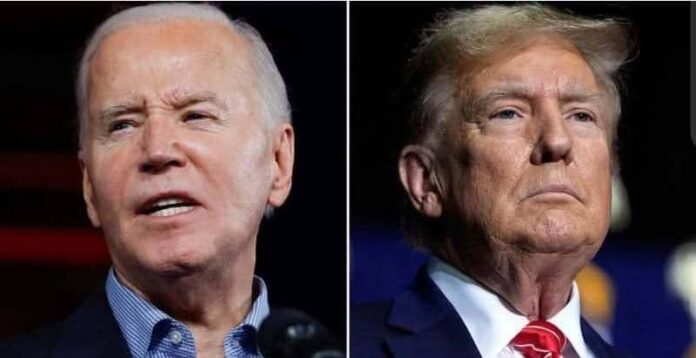By Burnett Munthali
In a significant and highly controversial move, U.S. President Donald Trump has announced that he is revoking former President Joe Biden’s security clearance and halting his access to daily intelligence briefings. This decision marks a departure from long-standing traditions, where former presidents are typically allowed to receive intelligence updates as a matter of national security and institutional continuity. The move has sparked heated debate, with Trump’s supporters defending it as a necessary security measure while critics view it as an act of political retribution.
Former presidents have historically been granted continued access to intelligence briefings to stay informed about national security matters and to provide counsel if necessary. This practice, however, is not a legal requirement but a courtesy extended at the discretion of the sitting president. Trump’s decision to strip Biden of this privilege signals a break from past norms and raises questions about the role of former presidents in national security affairs.

Announcing the decision, Trump justified the revocation by stating that Biden no longer requires access to sensitive intelligence and that providing him with classified information could pose a security risk. He argued that intelligence briefings should be reserved for those in active leadership roles and not for individuals who are no longer in power. Trump’s critics, however, see the move as politically motivated, aimed at diminishing Biden’s influence and further sidelining him from American political affairs.
The decision has been met with mixed reactions. Supporters of Trump argue that it is a necessary step to safeguard classified information, particularly given the ongoing political rivalry between the two leaders. They claim that Biden, as a private citizen, has no functional need for intelligence updates and that restricting his access aligns with national security interests. Some conservative commentators have also pointed out that security clearances should not be granted to former presidents automatically, as policies and threats evolve over time.
On the other hand, Biden’s allies and many within the intelligence community have strongly criticized the move. They argue that former presidents, even after leaving office, often play important roles in global diplomacy and domestic policymaking. Limiting their access to intelligence could hinder their ability to offer informed advice in times of crisis. Furthermore, critics view Trump’s action as setting a dangerous precedent where sitting presidents could use security clearances as a political weapon against their predecessors.
Legal experts have weighed in on the matter, noting that while Trump has the authority to make this decision, it raises concerns about the politicization of national security. Some have warned that if such actions become routine, future presidents could face the risk of having their security clearances revoked immediately upon leaving office, undermining the stability of presidential transitions.
Biden himself has yet to issue a formal response to the revocation, but his allies have called the move unnecessary and vindictive. Some Democratic lawmakers have even proposed legislative measures to ensure that security clearances for former presidents cannot be revoked without a clear and justified national security reason.
As the debate unfolds, Trump’s decision to revoke Biden’s access to intelligence briefings may have lasting implications beyond this specific case. It could redefine the role of former presidents in national security and influence how future administrations handle the issue of security clearances. Whether this move will be seen as a necessary security measure or as a political maneuver remains to be determined, but it is certain to fuel further division in an already polarized American political landscape.



